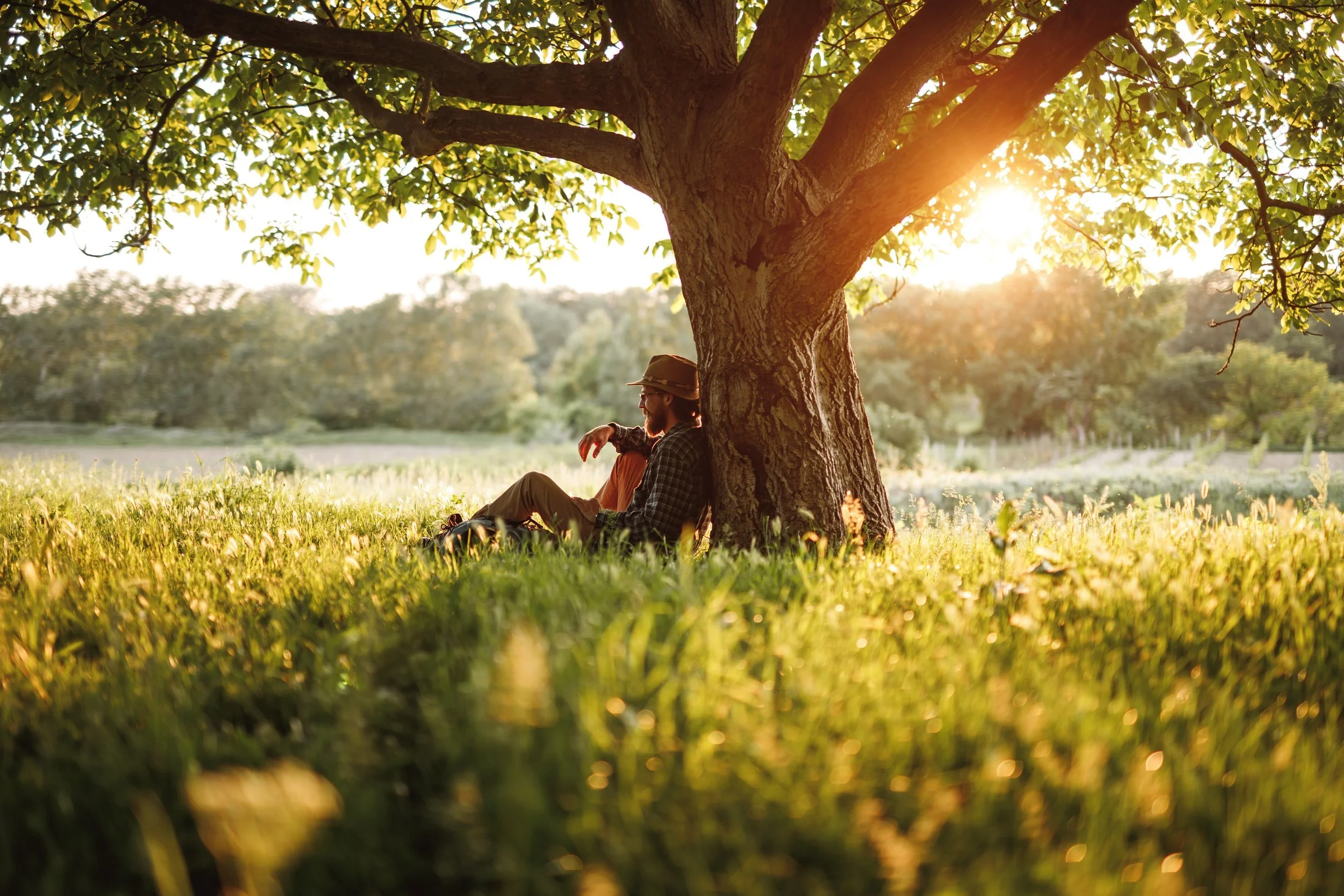Biophilic Resonance
An inquiry into ancestral memory, epigenetics, and nature connection.
Biophilic Resonance
Biophilic Resonance is an emerging hypothesis exploring the possibility that humans may form deeper, more instinctual connections with certain elements of the natural world—especially those tied to ancestral landscapes or cultural ecologies.
Rooted in the biophilia hypothesis and influenced by developments in epigenetics, this inquiry asks:
Could our sense of connection to particular plants, animals, or ecosystems be shaped—at least in part—by inherited memory?
Many people report an inexplicable sense of familiarity, comfort, or emotional resonance when encountering specific elements of nature. Biophilic Resonance proposes that such experiences may not be entirely random or universal, but rather shaped by patterns of lineage, geography, and lived ancestral relationship with the land.
If this hypothesis holds, it could have meaningful implications for:
-
Therapeutic and nature-based healing practices
(tailoring therapy to individuals' ancestral resonance)
-
Cultural ecology and identity formation
(reconnecting displaced people with land-based memory)
-
Environmental education and conservation
(fostering stewardship through personal affinity)
Where the Research Is Now
This is a conceptual exploration in early stages, integrating research from ecopsychology, cultural studies, neuroscience, and epigenetics. This inquiry is in its early stages, and theoretical groundwork is currently in development. You can read an introductory reflection on the topic via my article on Psychology Today.
Over the coming year, I’ll be developing and publishing theoretical groundwork for future research, including possible applications in health, education, and ecotherapy.
This page will evolve as the inquiry deepens. Thank you for your curiosity—and for honoring the mysteries we carry in our cells, stories, and senses.
–Contact Dr. Klisanin if you're interested in collaboration or contributing insight to this research.
Initial References & Influence Points
The concept of Biophilic Resonance is shaped by a confluence of ideas from ecology, psychology, genetics, and cultural theory. Foundational influences include:
E.O. Wilson – Biophilia (1984)
Introduced the biophilia hypothesis: the innate human tendency to seek connection with nature and other forms of life.David Abram – The Spell of the Sensuous (1996)
Explores perception, language, and the embodied relationship between humans and the more-than-human world.Robin Wall Kimmerer – Braiding Sweetgrass (2013)
Weaves Indigenous ecological knowledge with Western science, emphasizing relational intelligence and reciprocity.Rachel Yehuda et al. – Studies on epigenetic inheritance of trauma
Pioneering research on how lived experience may shape gene expression across generations.

